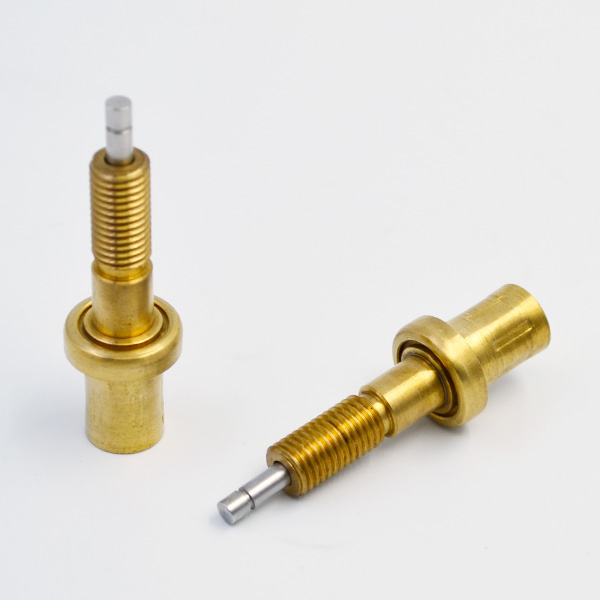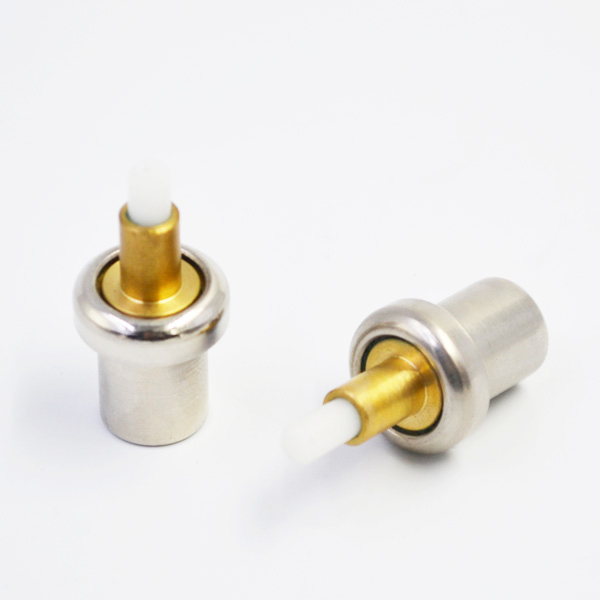This paper introduces the teaching reform of “Principles and Applications of Programmable Controller” from three aspects of teaching reform: syllabus, experimental syllabus and assessment methods, diversified teaching methods, strengthening practical teaching reform, encouraging schools to participate in various competitions, and strengthening the construction of teaching staff. Leather and Practice. With the rapid development of industrial technology, programmable controller (PLC) has become one of the standard equipment of industrial process control. PLC is an advanced industrial control device which integrates computer technology, electronic technology, communication technology and advanced manufacturing technology.
It has the characteristics of high reliability, good stability, fast real-time processing, strong networking function, etc. It is widely used in industrial control system and industrial automation management system. With the wide application of PLC control technology in various fields and the increasing demand of enterprises for PLC technicians, it is particularly important for colleges and universities to train PLC technicians to meet the needs of the market and enterprises. In view of the characteristics of electrical engineering and automation specialty and the general goal of training students in Applied Undergraduate colleges, this paper summarizes the teaching methods applicable to students in the teaching process, and cultivates students’innovative spirit and consciousness. This paper will elaborate programmable control from the content of teaching reform and the practice of teaching reform. Principle and Application of Machine Construction of the Course. In view of the characteristics of students majoring in electrical engineering and automation in Tertiary Colleges and universities, which are weak in theoretical basis knowledge and strong in practical operation ability, the teaching syllabus, experimental syllabus and assessment methods will be reformed. Principle and application of programmable controller is the core course of electrical engineering and automation specialty, so it is necessary to master basic theoretical knowledge. In terms of the explanation of basic knowledge points, one-second of the theoretical teaching hours and the remaining one-second of the theoretical teaching hours explain engineering practice knowledge. However, there is a certain area between the explanation and the experimental teaching hours.
Otherwise, we mainly focus on the teaching of comprehensive knowledge. The choice of knowledge points is particularly important when making the syllabus. For this reason, we need to delete some old knowledge points which are not closely related to the actual project, which are too theoretical and abstract to understand. We need to add some typical cases of advanced PLC technology and PLC control system which are widely used in our work, so as to rationalize the revised syllabus of this course. Theory and practice are really combined. The cultivation of applied undergraduate education talents can not be separated from the practical teaching link. In the practical teaching link, experiment is the main part, and curriculum design is the supplement. The experimental course hours formulated in this course are 1/2 of the theoretical hours. The experimental items are divided into verification experiments and design experiments. According to the existing experimental equipment conditions, more than 50 experimental projects can be set up.
Students can design typical PLC projects in the laboratory, such as elevator, motor, color light control and so on. The traditional assessment method uses the form of examination papers to test the teaching effect. According to the characteristics of students and every link of the course teaching, this course uses a new assessment method to accurately evaluate the learning effect of the school. It adopts the forms of 20% performance in peacetime, 20% performance in peacetime, 30% performance in practice at the end of the term and 30% theoretical assessment at the end of the term. Usual performance includes attendance, classroom performance and homework completion; Usual assessment includes the completion of each project and the preparation of procedures; Final practice assessment refers to the assessment of various items of the course studied in this semester in the form of lottery, the main assessment is practical operation, thermostatic element carried out in the laboratory, each of them is the same. Learn to have different projects, and require students to complete within the prescribed time; the final theoretical examination is in the form of examination papers to assess students’mastery of the basic knowledge of the course. In the course of teaching, arouse students’learning initiative, inspire students to think independently, actively explore, consciously grasp the relevant knowledge of the major, so as to improve the ability to analyze and solve problems. Teachers should change the traditional teaching methods of preaching and injecting.
In view of the students’performance in the classroom, teachers should take teachers as the leading role and students as the main body, and use appropriate teaching methods to stimulate students’ interest in learning, and strive to cultivate students’ability of independent learning and learning habits of independent thinking. Under the precondition of careful preparation and guidance, teachers inspire students to express their own unique opinions on a specific issue through pre-design and organization, and cultivate students’independent thinking ability and innovative spirit. Teachers should sort out various ways to solve problems for students, so as to guide students to debate and think independently, and guide students to draw their own conclusions.

Extend the teaching task from classroom teaching to extracurricular teaching, such as laboratories, factories, enterprises, etc. Connecting textbook knowledge with practical knowledge of production and life can trigger students to participate in practical activities independently, so as to provide students with good opportunities to develop creative thinking and practice, and enable them to acquire innovative abilities and methods. In view of the social demand for engineering talents, we should change the traditional experimental content and reduce the verifiable experiments. While doing basic experiments well, we should increase the difficulty of experiments and add design experiments.

On this basis, a comprehensive design experiment topic is given, so that students can divide the experiment into groups, analyze and design the circuit by themselves, and deepen the understanding of many courses. On the basis of experiments, a one-week training course was set up. Teachers aim to meet the needs of enterprises for talents and train students.
They design small projects by using the existing training devices, software and hardware equipment in the laboratory. Through the combination of theory, experiment and practice, students can design the curriculum independently. Students select materials according to their interests and abilities, determine course topics and design ideas, and choose hardware, design I/O distribution diagram, hardware wiring diagram, software ladder diagram and so on by themselves, and carry out experimental simulation on the designed projects to achieve the desired objectives before they can be assessed. According to different levels of students, we choose contest topics with certain depth and breadth. The students will be divided into several groups.

At the same time, the works of each group are required to have a complete design plan and design process, standardized design methods, and finally the design works will be product-oriented. Through various kinds of competitions, the comprehensive quality of students has been improved, the team spirit of students has been trained, and the innovative and practical ability of students has been improved.

Pay attention to the training of teachers’personal qualities and professional knowledge, let teachers participate in practical project training personally, improve teachers’ own engineering practice ability by learning and cooperating with engineers of enterprise projects, and form a “high-end, diversified, industry-university-research, compound” teaching team with professional teachers. To undertake the task of training electrical professionals.
